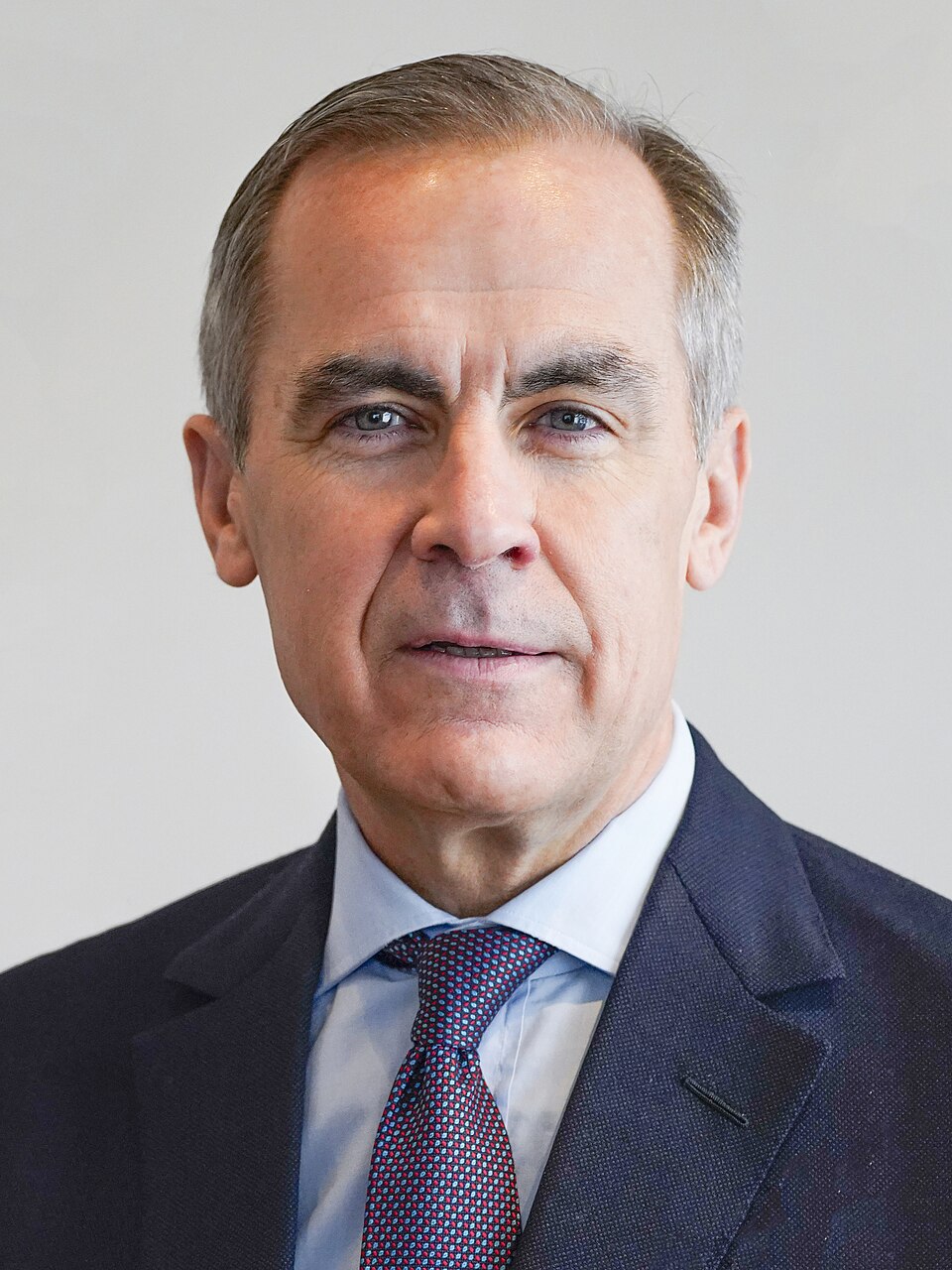
Introduction
Mark Carney, a Canadian economist and banker, has become a pivotal figure in global finance. His insights and leadership in economic policy and climate change have garnered international recognition. This article delves into his journey, achievements, and the impact of his work in today’s rapidly evolving economic landscape.
Background and Education
Carney was born on March 16, 1965, in Fort Smith, Northwest Territories, Canada. He earned a Bachelor of Arts degree in Economics from Harvard University and later received an M.Sc. from the University of Oxford. He began his career at the Bank of Canada, quickly rising through the ranks due to his keen analytical skills and innovative thinking.
Career Highlights
In 2008, Carney took on the role of Governor of the Bank of Canada. During his tenure, he played a critical role in navigating the nation through the global financial crisis, employing robust monetary policies that helped stabilize the Canadian economy. In 2013, he was appointed Governor of the Bank of England, the first Canadian to hold this position. At the BoE, Carney focused on implementation of strict regulations to enhance financial sector stability.
Focus on Climate Change
Beyond traditional banking, Carney has been a vocal advocate for integrating climate risk into financial frameworks. Following a profound speech at the 2015 United Nations Climate Change Conference in Paris, he championed the idea that financial institutions need to prepare for the economic impacts of climate change. His leadership in the Task Force on Climate-related Financial Disclosures (TCFD) is setting global standards for climate risk disclosure.
Current Initiatives
Currently, Carney serves as the UN Special Envoy on Climate Action and Finance. In this role, he is focused on reorienting financial systems towards sustainable growth. His work emphasizes the necessity for transitioning to a net-zero carbon economy and mobilizing private sector financing to achieve climate goals. His influence is shaping the conversation on how economies can grow while being stewards of the environment.
Conclusion
Mark Carney’s contributions to global finance and climate policy highlight the importance of economic leadership in addressing contemporary challenges. As national economies recover from the effects of the pandemic and climate change becomes an ever-pressing reality, Carney’s vision will continue to influence policymakers and financial institutions alike. His efforts to merge economic stability with environmental sustainability are not only significant for Canada but also resonate on a global scale as society strives for a sustainable future.



